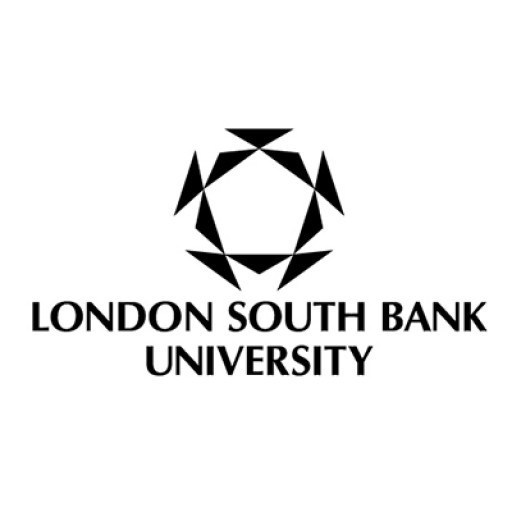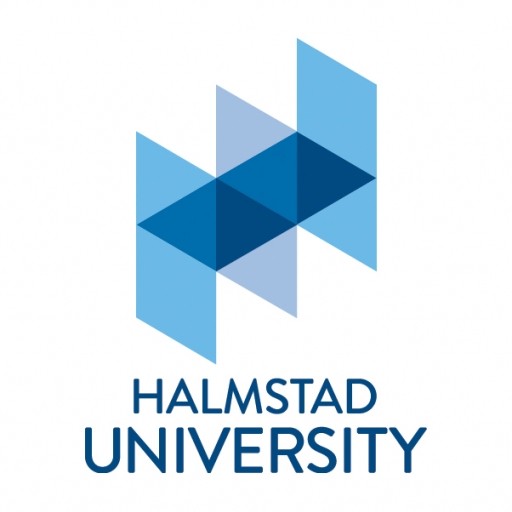Photos of university
Program Description:
The International Marketing Communications program at Metropolitan University is designed to provide students with a comprehensive understanding of the global marketing environment and the strategic communication skills necessary to succeed in today's interconnected world. This innovative program combines theoretical knowledge with practical skills, enabling graduates to effectively develop and implement marketing and communication strategies across diverse international markets.
Throughout the course, students will explore core topics such as global marketing principles, digital marketing, branding strategies, consumer behavior, media planning, and cross-cultural communication. The curriculum emphasizes the importance of understanding cultural nuances and regional differences in designing impactful marketing campaigns. Students will also gain insights into the use of new digital technologies, social media platforms, and data analytics to enhance marketing effectiveness on an international scale.
The program emphasizes experiential learning through case studies, projects, and internships with leading marketing firms and multinational corporations. Students will have opportunities to apply their knowledge to real-world challenges, develop strategic thinking skills, and build a professional portfolio. Additionally, the program encourages critical analysis of current trends and issues in international marketing, preparing students to adapt to changing global markets.
Graduates of the International Marketing Communications program will be equipped with the skills necessary to pursue careers in marketing management, advertising agencies, brand management, digital marketing, and international business development. They will possess a strong understanding of cross-cultural communication and digital tools, enabling them to craft compelling messages that resonate across borders.
Metropolitan University’s diverse faculty, extensive industry connections, and state-of-the-art facilities create an enriching learning environment. The program is suitable for students interested in pursuing careers in international marketing, communications, or related fields who are eager to develop a global perspective and innovative marketing skills. Join us to become a leader in international marketing communications and make a significant impact in the global marketplace.
The Bachelor's Degree in International Marketing Communications at Metropolitan University offers students a comprehensive understanding of global marketing strategies, communication principles, and digital media techniques essential for success in today's interconnected world. The programme is designed to equip students with the skills necessary to develop, implement, and evaluate marketing communication campaigns across diverse international markets. Throughout the course, students explore core topics such as consumer behavior, market research, brand management, digital marketing, advertising, public relations, and social media strategies.
Students will engage with theoretical frameworks and practical applications to understand how cultural, economic, and political factors influence marketing communications globally. The curriculum emphasizes hands-on experience through project-based assignments, internships, and collaborative work with industry partners, enabling students to connect academic knowledge with real-world scenarios. Courses cover the latest digital marketing tools, analytics, storytelling techniques, and ethical considerations in marketing communications.
Additionally, the programme fosters critical thinking, creativity, and intercultural competency, preparing graduates for careers in advertising agencies, multinational corporations, public sector organizations, and entrepreneurial ventures. The faculty comprises experienced professionals and researchers committed to delivering high-quality education aligned with current industry standards. With a focus on international perspectives and innovative communication methods, the International Marketing Communications programme at Metropolitan University offers a dynamic learning environment for aspiring marketing professionals seeking a global career.
Program requirements for the International Marketing Communications degree at Metropolitan University include a combination of academic qualifications, language proficiency, and relevant skills. Prospective students are typically expected to have completed secondary education equivalent to UK A-levels or international qualifications recognized by the university. A minimum grade point average may be specified, along with necessary prerequisites in subjects such as business studies, marketing, or communication. Proficiency in English is essential; therefore, applicants are usually required to provide evidence of language proficiency through standardized tests such as IELTS or TOEFL, with minimum scores specified by the university.
Applicants may also need to submit a personal statement demonstrating interest and motivation in international marketing communications, along with references or letters of recommendation from previous educators or employers. Some programs may require prior work experience or extracurricular involvement related to marketing or communications, though this is often considered a merit rather than a strict requirement.
The university emphasizes students’ creative, analytical, and intercultural skills, so courses may include project work, presentations, and team-based assignments designed to develop practical competencies. International applicants might need to meet additional visa or residency requirements depending on their country of origin. Moreover, some courses may specify digital literacy or familiarity with marketing tools and software as beneficial. The program aims to prepare students for global careers, so adaptability, intercultural communication skills, and a proactive approach are highly valued. Enrollment processes also involve application fees, submission deadlines, and compliance with admission policies specified in the university’s prospectus.
The International Marketing Communications program at Metropolitan University offers various financing options to support students throughout their studies. Tuition fees are structured according to the level of study, whether undergraduate or postgraduate, and may vary depending on the specific year of admission. For local students, there are several scholarship opportunities based on academic performance, financial need, or special criteria such as regional representation or specific fields of interest. International students may also be eligible for scholarships or financial aid programs designed to encourage diversity and international collaboration.
In addition to scholarships, students can explore government-funded financial aid programs or educational loans available through partnering financial institutions. These loans typically feature favorable interest rates and flexible repayment terms, making higher education more accessible. Metropolitan University also provides assistance in applying for external grants and sponsorships from private companies and foundations interested in supporting students pursuing careers in marketing, communications, and related fields. Payment plans are often available to help students spread out tuition payments over the semester or academic year, reducing the financial burden. The university's financial services team offers guidance to students on financial planning and managing education expenses.
Students are encouraged to check the official university website regularly for updated information on deadlines, new scholarship programs, and changes in fee structures. The university promotes transparency in its pricing policy and aims to keep educational costs competitive and affordable. Financial aid programs are designed to ensure that motivated students, regardless of their economic background, have the opportunity to complete their degree in International Marketing Communications. The university also offers advice and resources on part-time work and internships, which can help students finance their studies while gaining valuable professional experience. Overall, Metropolitan University strives to provide comprehensive financial support options tailored to meet the needs of diverse student populations.
International Marketing Communications at Metropolitan University offers students a comprehensive understanding of global marketing strategies, digital communication, branding, and media management. The programme is designed to equip students with the practical skills and theoretical knowledge necessary to thrive in the dynamic, ever-evolving marketing and communications industries worldwide. Throughout the course, students explore key topics including consumer behavior, marketing research, integrated marketing communications, advertising, public relations, digital media, social media marketing, and strategic brand management. The curriculum combines academic rigor with real-world applications, often incorporating case studies, industry projects, internships, and guest lectures from industry professionals to ensure students gain a practical perspective alongside their theoretical foundations.
The programme aims to develop critical thinking and strategic planning skills, enabling graduates to craft and implement effective marketing campaigns across diverse channels and markets. It emphasizes the importance of understanding cultural and regional differences in global marketing contexts, preparing students for international careers. The teaching methods include lectures, workshops, group work, presentations, and individual projects, promoting collaborative learning and creative problem-solving.
Graduates of the International Marketing Communications program are well-prepared for roles in advertising agencies, public relations firms, corporate marketing departments, digital marketing companies, and media organizations. They acquire competencies in digital tools, communication platforms, data analysis, and campaign management, making them valuable assets in the competitive international job market.
Metropolitan University supports students with modern facilities, dedicated faculty with industry experience, and opportunities for networking and career development. The university also encourages a multicultural environment, allowing students to build global connections and gain insights into international marketing practices. Upon completion of the program, graduates are equipped to pursue further studies or embark on successful careers in the fields of marketing, communications, brand management, media planning, and digital advertising. The programme’s flexible structure also allows students to specialise in areas aligned with their career ambitions, fostering a tailored educational experience that meets the demands of today’s globalized business landscape.










